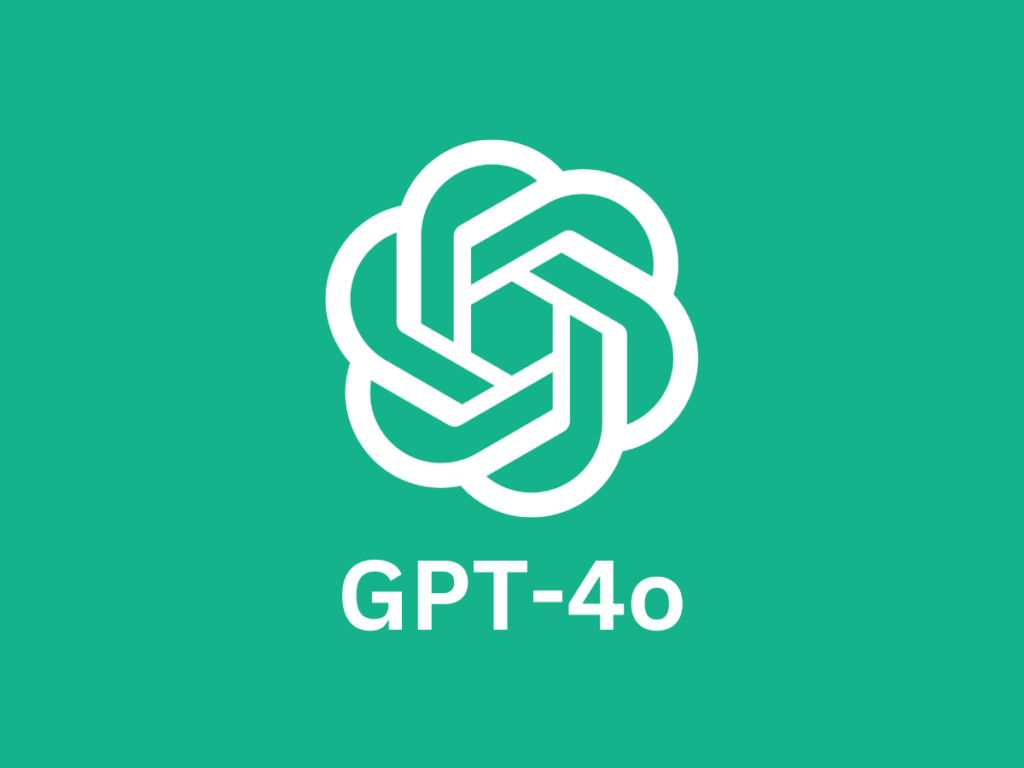As the world rapidly evolves, the impact of artificial intelligence (AI) on the job market has become a topic of increasing concern. While some industries are susceptible to disruption by automation, there are a number of secure, AI-resistant jobs that offer promising career paths. In this article, we’ll explore 15 of these future-proof professions and understand why they are poised to withstand the rise of AI.
Understanding Artificial Intelligence and Its Role in Job Automation
Artificial intelligence is a rapidly advancing field that has the potential to revolutionize the way we work. From automating repetitive tasks to making data-driven decisions, AI is transforming industries across the board. However, not all jobs are equally vulnerable to AI-driven disruption. Certain roles require a level of human creativity, emotional intelligence, and problem-solving skills that AI has yet to fully replicate.
Jobs at Risk: Industries that are Most Susceptible to AI Disruption
As AI continues to evolve, certain industries and job functions are more at risk of automation than others. Roles that involve highly structured, predictable tasks, such as manufacturing, data entry, and customer service, are more susceptible to AI-driven displacement. Conversely, jobs that require complex decision-making, adaptability, and human interaction are less likely to be fully automated in the near future.
The Rise of AI-Resistant Jobs: A New Wave of Secure Career Options
In the face of this technological revolution, a new wave of secure, AI-resistant jobs is emerging. These roles leverage human skills and expertise in ways that AI cannot easily replicate, offering promising career paths for those seeking long-term job security. Let’s explore 15 of these AI-resistant jobs in more detail.
Job #1: Data Analyst – Why this role is AI-resistant and in high demand
As organizations generate an ever-increasing amount of data, the need for skilled data analysts who can extract meaningful insights and drive strategic decision-making has become paramount. While AI can assist in data processing and visualization, the ability to ask the right questions, interpret complex patterns, and communicate findings effectively requires a level of human judgment and creativity that AI has yet to fully master. Data analysts who can blend technical expertise with critical thinking and storytelling skills will continue to be in high demand.
Job #2: Cybersecurity Expert – Protecting against AI-driven cyber threats
Cybersecurity is an area where human expertise remains essential, even as AI-powered tools become more prevalent. Cybercriminals are increasingly leveraging AI to launch sophisticated attacks, and combating these threats requires a deep understanding of emerging technologies, threat intelligence, and the ability to adapt to rapidly changing landscapes. Cybersecurity professionals who can combine technical skills with strategic thinking and adaptability will be invaluable in safeguarding organizations against AI-driven cyber threats.
Job #3: Digital Marketing Specialist – Leveraging AI for enhanced marketing strategies
The world of digital marketing is rapidly evolving, with AI-powered tools and platforms playing an increasingly prominent role. However, the most successful digital marketing strategies still require a human touch. Digital marketing specialists who can blend data-driven insights with creative problem-solving, empathetic audience understanding, and effective communication will be able to leverage AI to enhance their marketing strategies and drive measurable results.
Job #4: Healthcare Professional – The human touch in medical care
While AI is making significant strides in healthcare, such as in medical imaging analysis and drug discovery, the human element remains essential in patient care. Healthcare professionals, including doctors, nurses, and therapists, must possess a deep understanding of the human condition, the ability to provide empathetic support, and the critical-thinking skills required to make complex, nuanced decisions. As AI-powered tools augment and assist healthcare providers, the need for professionals who can deliver personalized, compassionate care will only continue to grow.
Job #5: Creative Professions – The power of human creativity in the face of AI
AI has made significant advancements in generating creative content, from art and music to writing and design. However, the human touch and the unique creative spark that comes from the human mind remain irreplaceable. Professionals in fields such as graphic design, advertising, fine arts, and creative writing will continue to be in high demand as they can bring a level of originality, emotional resonance, and creative problem-solving that AI has yet to fully replicate.

Job #6: Education and Training – Shaping the workforce of the future
As AI becomes more integrated into various industries, the need for skilled educators and trainers who can prepare the workforce for the jobs of the future will only grow. These professionals must possess a deep understanding of how people learn, the ability to adapt to diverse learning styles, and the creativity to design engaging, interactive educational experiences. While AI can assist in content delivery and personalization, the human touch in nurturing and guiding learners will remain essential.
Job #7: Sales and Customer Service – Building relationships that AI can’t replicate
In the realm of sales and customer service, the human element is crucial. Successful sales professionals and customer service representatives must possess strong interpersonal skills, empathy, and the ability to build genuine relationships with clients and customers. While AI-powered chatbots and virtual assistants can handle certain routine tasks, the complex problem-solving, adaptability, and emotional intelligence required to navigate various customer scenarios make these roles resistant to full automation.
Job #8: Research and Development – Pushing the boundaries of innovation
Innovation and breakthrough discoveries often require the creative spark, critical thinking, and problem-solving abilities of human researchers and developers. While AI can assist in data analysis, hypothesis generation, and prototyping, the ability to think outside the box, connect disparate ideas, and push the boundaries of what is possible remains a distinctly human trait. Professionals in research and development roles will continue to be in high demand as they drive the next wave of technological and scientific advancements.
Job #9: Human Resources – Nurturing talent and maintaining the human element
As organizations navigate the changing landscape of work, the role of human resources professionals becomes increasingly vital. These professionals must possess a deep understanding of human behavior, the ability to empathize with employees, and the skills to develop and implement strategies that foster a positive, inclusive work culture. While AI can assist in certain HR tasks, such as applicant tracking and employee data management, the human touch in areas like talent acquisition, performance management, and employee engagement will remain essential.
Job #10: Legal and Compliance – AI in the courtroom and regulatory compliance
The legal and compliance fields require a deep understanding of complex regulations, the ability to interpret and apply laws, and the critical-thinking skills to navigate nuanced, ambiguous situations. While AI-powered tools can assist in tasks like document review and legal research, the judgment, strategic thinking, and advocacy skills of legal professionals will continue to be in high demand. As organizations navigate an increasingly complex regulatory landscape, the need for human experts who can ensure compliance and protect the interests of their clients will only grow.
Job #11: Entrepreneurship and Business Ownership – Embracing AI as a tool for growth
Successful entrepreneurs and business owners must possess a unique blend of creativity, strategic vision, and the ability to adapt to rapidly changing market conditions. While AI can assist in areas like data analysis, process automation, and customer segmentation, the human touch in identifying unmet needs, developing innovative solutions, and building thriving, resilient businesses remains essential. Entrepreneurs who can leverage AI as a tool to enhance their decision-making, optimize operations, and drive growth will be well-positioned to thrive in the future of work.
Job #12: Environmental and Sustainability Roles – Addressing global challenges with AI support
As the world grapples with pressing environmental and sustainability challenges, the need for professionals who can develop and implement innovative solutions is paramount. These roles, which may include urban planners, renewable energy specialists, and environmental policy experts, require a deep understanding of complex systems, the ability to think holistically, and the creativity to devise novel approaches. While AI can assist in data analysis, modeling, and simulations, the human expertise and problem-solving skills required to address the multifaceted challenges of sustainability make these roles resistant to full automation.
Job #13: Skilled Trades – The hands-on expertise that AI can’t replace
In the face of increasing automation, the skilled trades, such as electricians, plumbers, and carpenters, remain an essential part of the workforce. These professionals possess specialized, hands-on expertise that is difficult to automate, as they must navigate complex, ever-changing physical environments and use their problem-solving skills to diagnose and resolve issues. As infrastructure, construction, and maintenance needs continue to grow, the demand for skilled tradespeople who can apply their expertise to real-world challenges will remain strong.
Job #14: Social and Community Services – Supporting and uplifting communities
Roles in social and community services, such as social workers, counselors, and community organizers, require a deep understanding of human behavior, the ability to provide empathetic support, and the creativity to develop tailored solutions for individuals and communities. These professionals play a vital role in addressing complex social issues, supporting vulnerable populations, and fostering more inclusive, resilient communities. While AI-powered tools can assist in certain administrative tasks, the human connection and problem-solving skills required in these roles make them resistant to full automation.
Job #15: Personal Services – The human touch in luxury and personalized experiences
As AI-driven automation continues to transform various industries, the demand for personalized, high-touch services will only grow. Professionals in fields such as luxury concierge, personal styling, and high-end hospitality must possess a deep understanding of individual preferences, the ability to anticipate and cater to unique needs, and the creativity to deliver exceptional, customized experiences. These roles leverage the human touch and emotional intelligence that AI has yet to fully replicate, making them valuable and secure in the future of work.
Conclusion: Preparing for the Future of Work in an AI-Driven World
As the impact of AI on the job market continues to evolve, it’s clear that certain roles will be more resistant to automation than others. By understanding the skills and qualities that make a job AI-resistant, we can better prepare for the future of work and identify promising career paths that offer long-term job security.To learn more about the 15 AI-resistant jobs and how to position yourself for success in the future of work, download our free eBook “The Future-Proof Career Guide: Navigating the AI Revolution.” In this comprehensive resource, you’ll discover actionable strategies and insights to help you thrive in an increasingly AI-driven job market.

